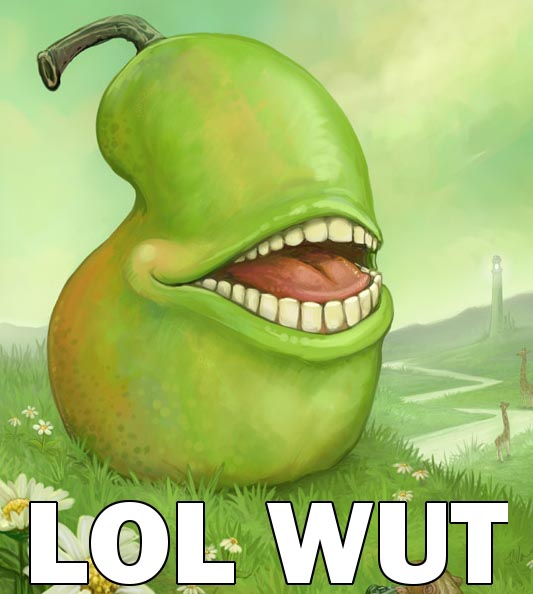- Joined
- Jul 5, 2012
- Messages
- 535
- Reaction score
- 24
I know, I know, I need to slow my roll. But, in all seriousness, might science be overrated? I've always had a philosophical problem with no one ever adequately demarcating what exactly science is, but still people incessantly appeal to it and usually for some personal or political ends. I've had my first brush with real-world science in the past year by doing biomedical research, and lemme tell you in my experience it's nothing like the stoic, rational process portrayed in the popular media. There's a lot of freneticism, waste, and panic, so articles like the one below don't really surprise me. Science's esteemed place in society is relatively newfound, and if it increasingly comes to light that many scientists are nothing more than career opportunists, how would that be different than any other exploitative enterprise--purporting to parse reality--that has fizzled out over the centuries? The concept of science would be stillborn in the public eye before people even got around to clarifying what it really is.
http://nyti.ms/QTZzAK
Anyway, I imagine many in this hallowed forum are of a skeptical bent, and would popularly be considered "scientific," but do any of you have personal grievances towards how the scientific method is typically perceived? and how serious do you think stories like this one really are?
http://nyti.ms/QTZzAK
Anyway, I imagine many in this hallowed forum are of a skeptical bent, and would popularly be considered "scientific," but do any of you have personal grievances towards how the scientific method is typically perceived? and how serious do you think stories like this one really are?



